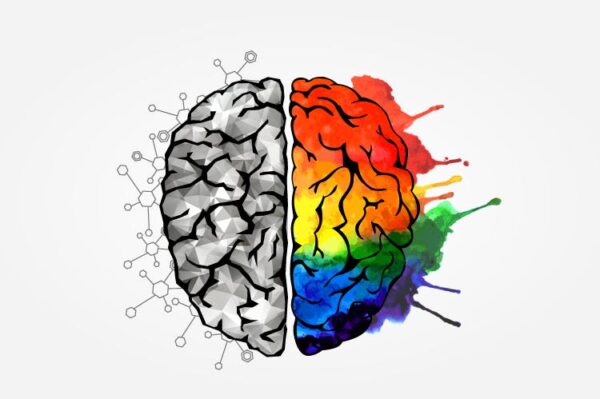A stroke can be a devastating experience. For many people, it can mean a change in lifestyle and the need to learn new ways to do things. Although it can be daunting, it is possible to live a relatively easy life post-stroke with the right information. Here are tips on how to live an easier life after a stroke:
Try to remain active
One of the best ways to prevent further strokes is to stay as active as possible. This doesn’t mean you have to run a marathon, but incorporating some physical activity into your daily routine is important.
Taking a brisk walk every day is a great way to stay active. If you have any hobbies that involve physical activity, they would be a great place to start. Remember to talk to your healthcare provider about which physical activities are suitable for you, and in what intensity you should do them.
Manage stress
Stress can worsen the effects of a stroke, so it’s important to manage it. Stress can also increase the risk of having another stroke. There are many different ways to manage stress, such as yoga, meditation, and aromatherapy. You can also talk to your family and friends when you feel overwhelmed or consult with your doctor on ways to reduce stress. Find what works best for you and stick with it.
Eat healthy
Eating a healthy diet is important for everyone, but it’s especially crucial for people undergoing stroke recovery. A healthy diet can help reduce the risk of having another stroke. Some of the best foods to eat are those that promote neurogenesis, like nuts, seeds, and fish. Remember to also plenty of fruits and vegetables, whole grains, and lean protein. You should also drink a lot of water and minimize your intake of highly processed foods.
Find a support group
There are many support groups available for people who have had a stroke. These groups can provide invaluable information and support. They can also help you meet other people going through the same thing as you, providing a sense of community and making it easier to cope with stroke-related challenges. Find a support group near you to walk the journey with.
Get plenty of rest and sleep
Getting enough rest is important for everyone, but it’s especially crucial for people who have had a stroke. This is because their bodies have experienced a traumatic event, and they need time to heal. Sleep will help release good hormones, improve memory and relieve stress. Make sure to get at least eight hours of sleep every night, and if you have trouble sleeping, talk to your doctor about ways to improve your sleep habits.
Do things that give you a sense of purpose
After a stroke, you could lose enthusiasm for things you used to enjoy. However, it’s important that you find and engage in things that make you feel good and give you a sense of purpose. This could be anything from volunteering to taking up a new hobby. When you do things that make you happy, you reduce stress and improve your overall sense of well-being. You also get to cope with the challenges of living with a stroke much better.
Help caregivers help you
If you live with someone who is taking care of you, it’s important to let them know what you need. This includes things like help with bathing, dressing, or cooking. It can be difficult for caregivers to understand what you need, so be sure to communicate openly and honestly. If there are things that they can do to make your life easier, don’t hesitate to ask.
Keep going
Finally, whether it’s been days, weeks, months, or years since your stroke, it’s important to keep going. There will be good days and bad days, but don’t give up. With time, things will get easier, and you will adjust to your new normal. Remember to take things one day at a time. You can live a fulfilling life after a stroke, despite the challenges.
Suffering a stroke can be difficult, but it is possible to lead a relatively easy and fulfilling life with the right information, support, and care. So don’t give up hope, but keep fighting and take small steps every day towards recovery. Do not hesitate to ask for help when needed – there are many people and resources available to help you on your journey.





